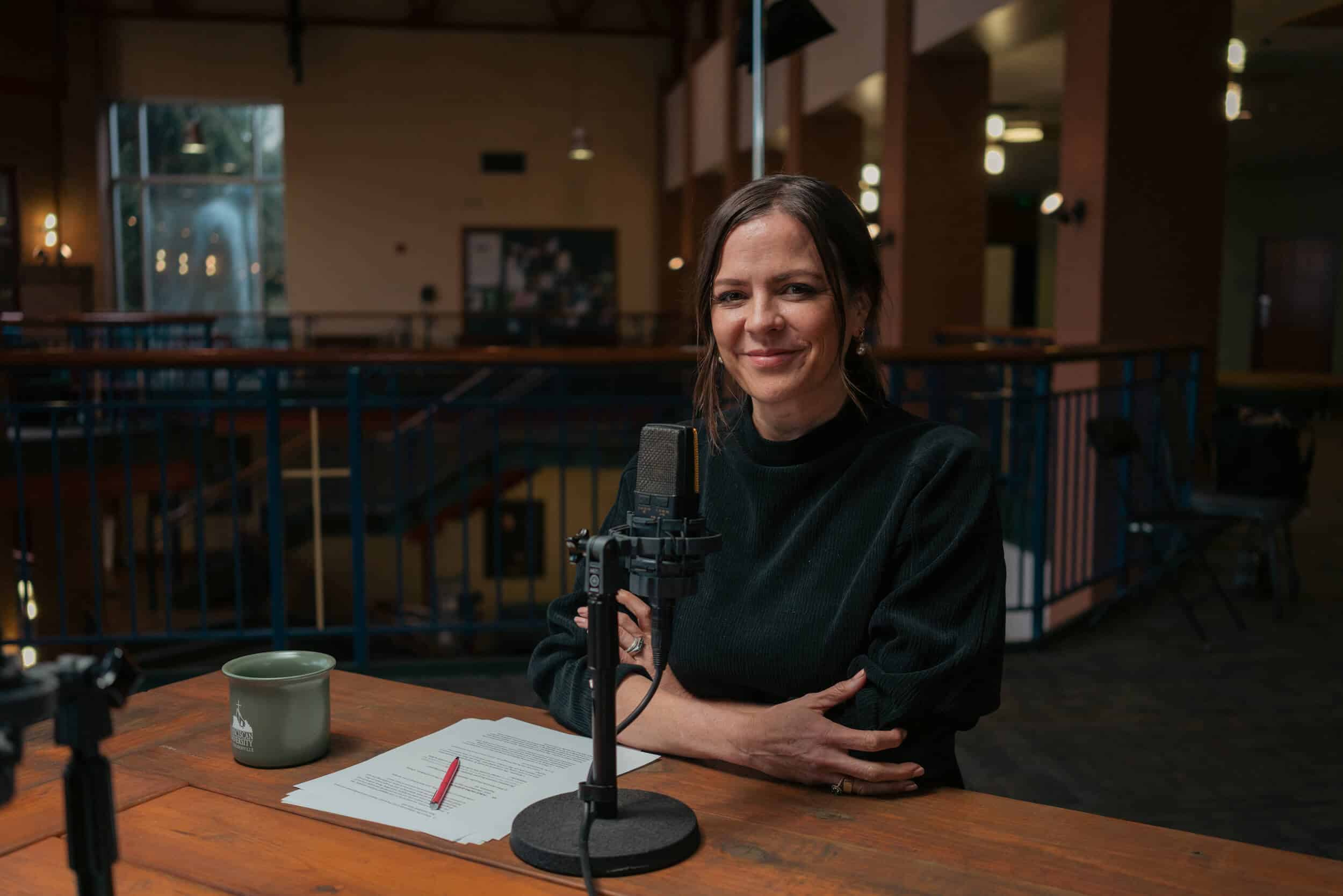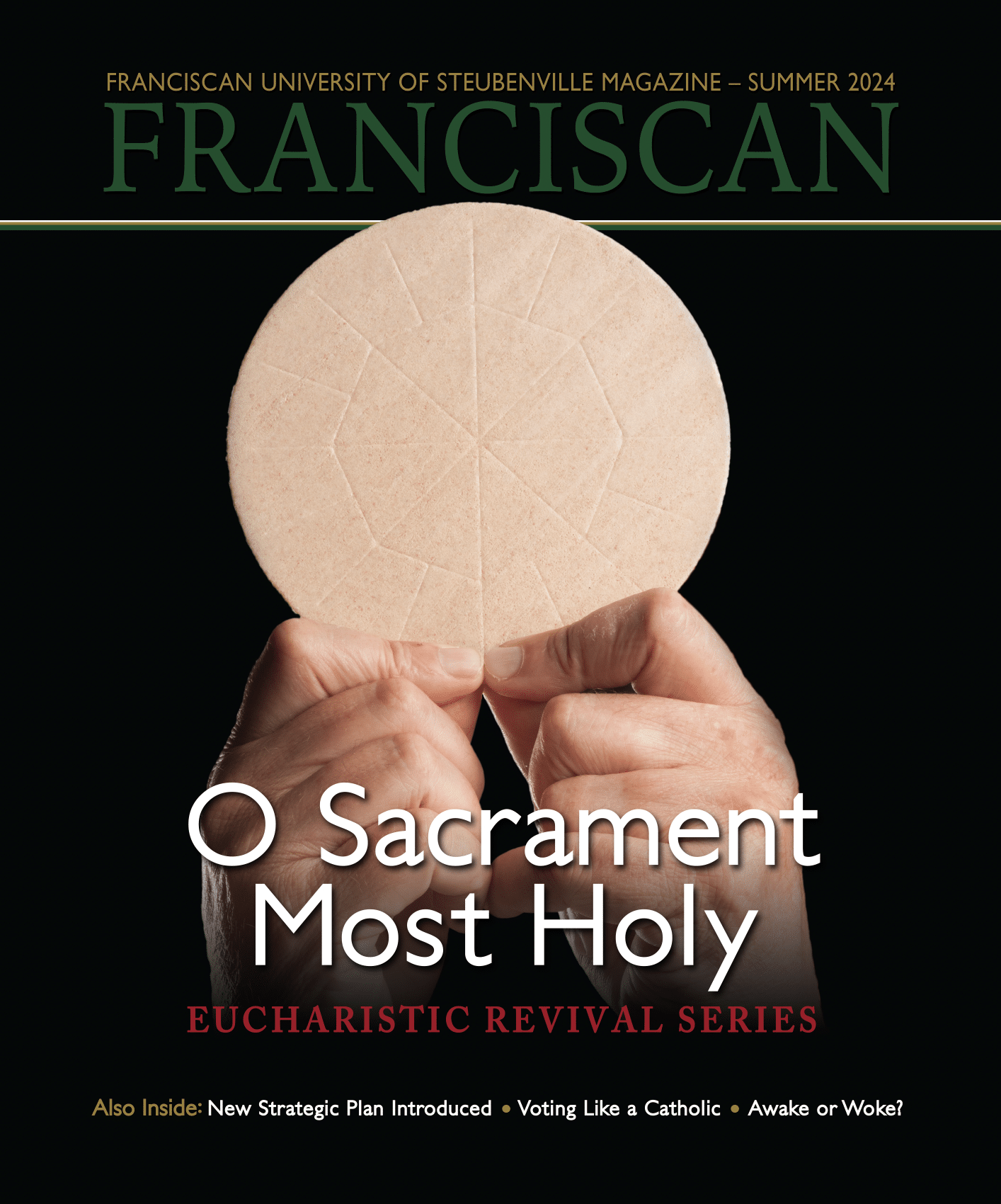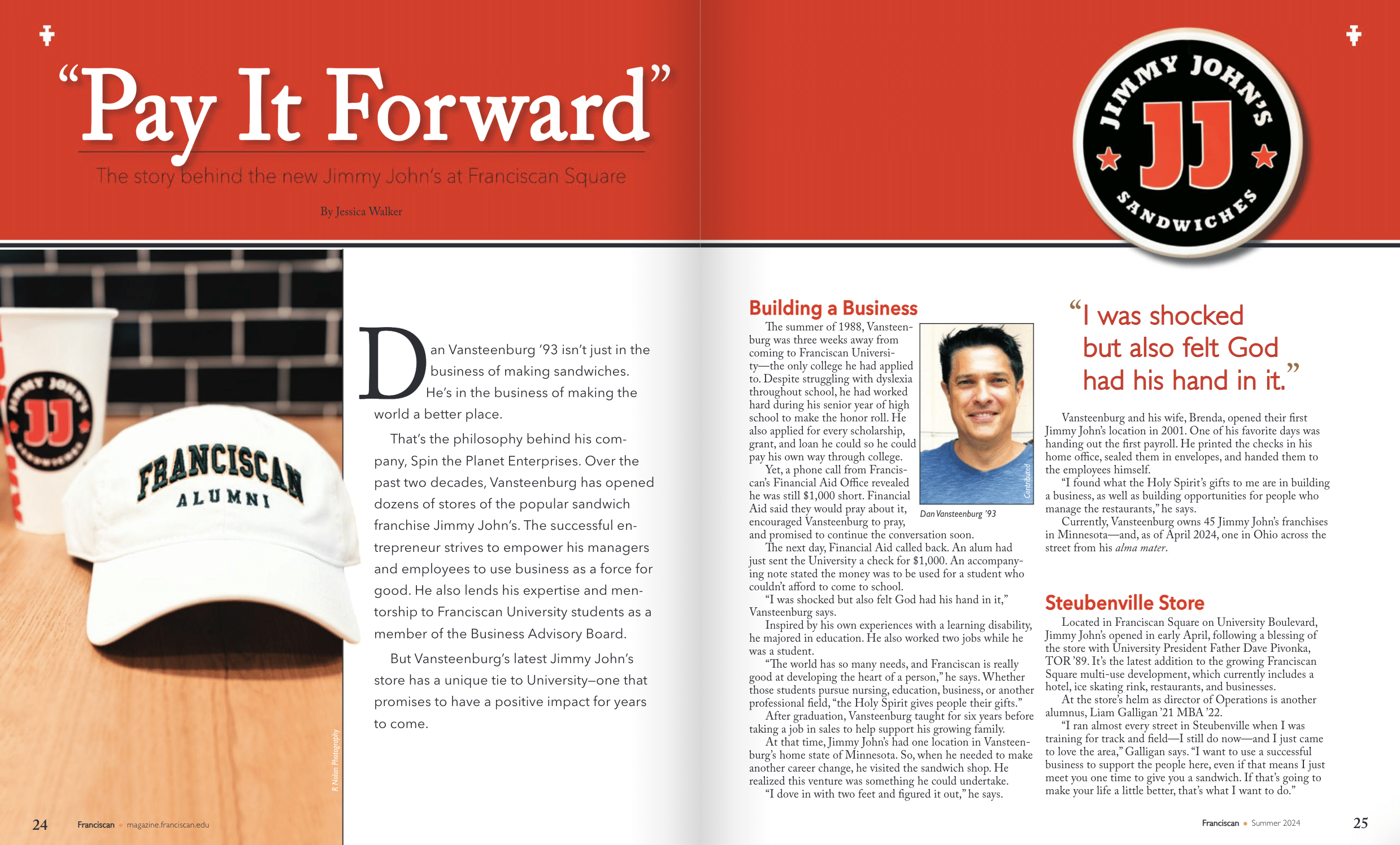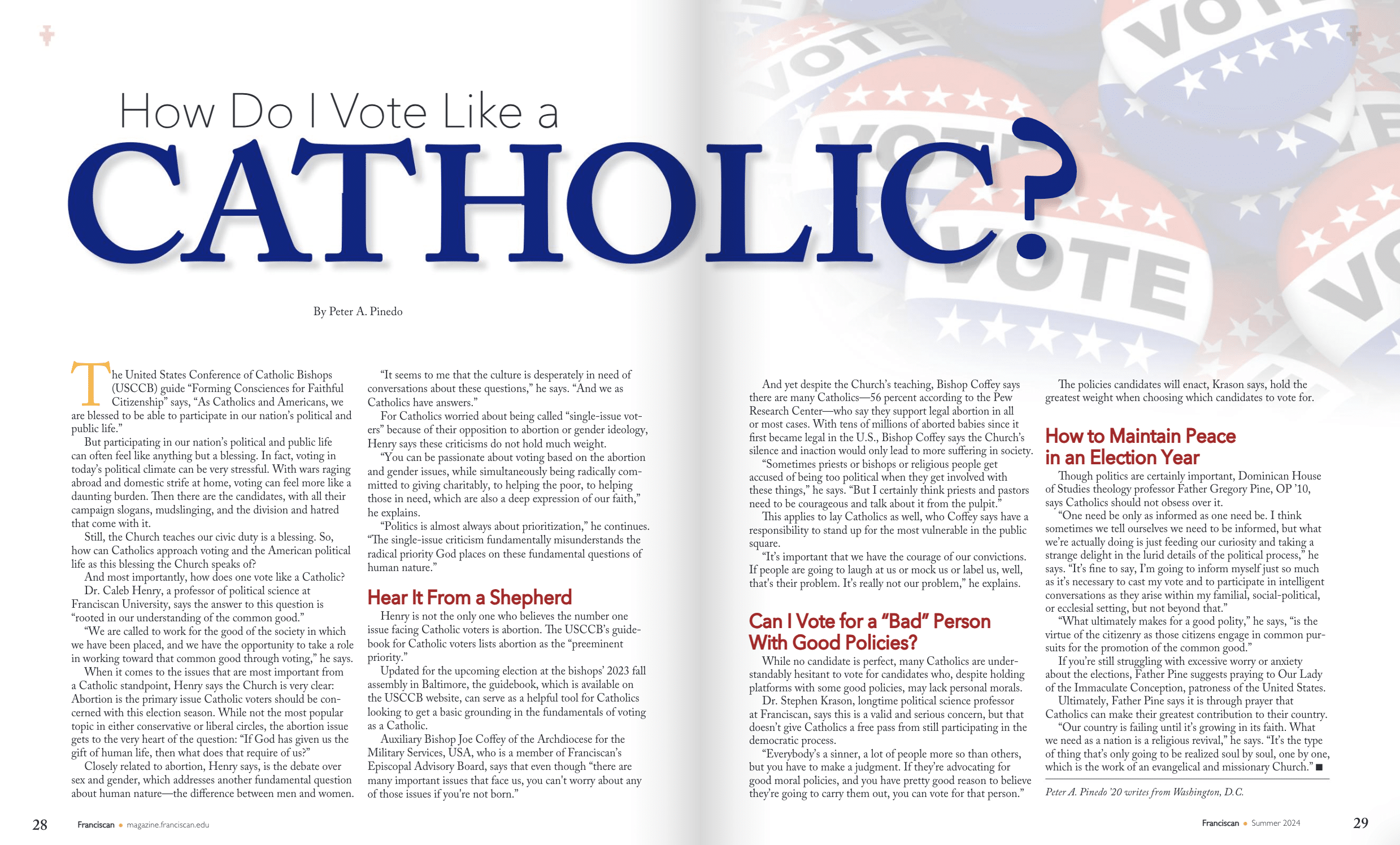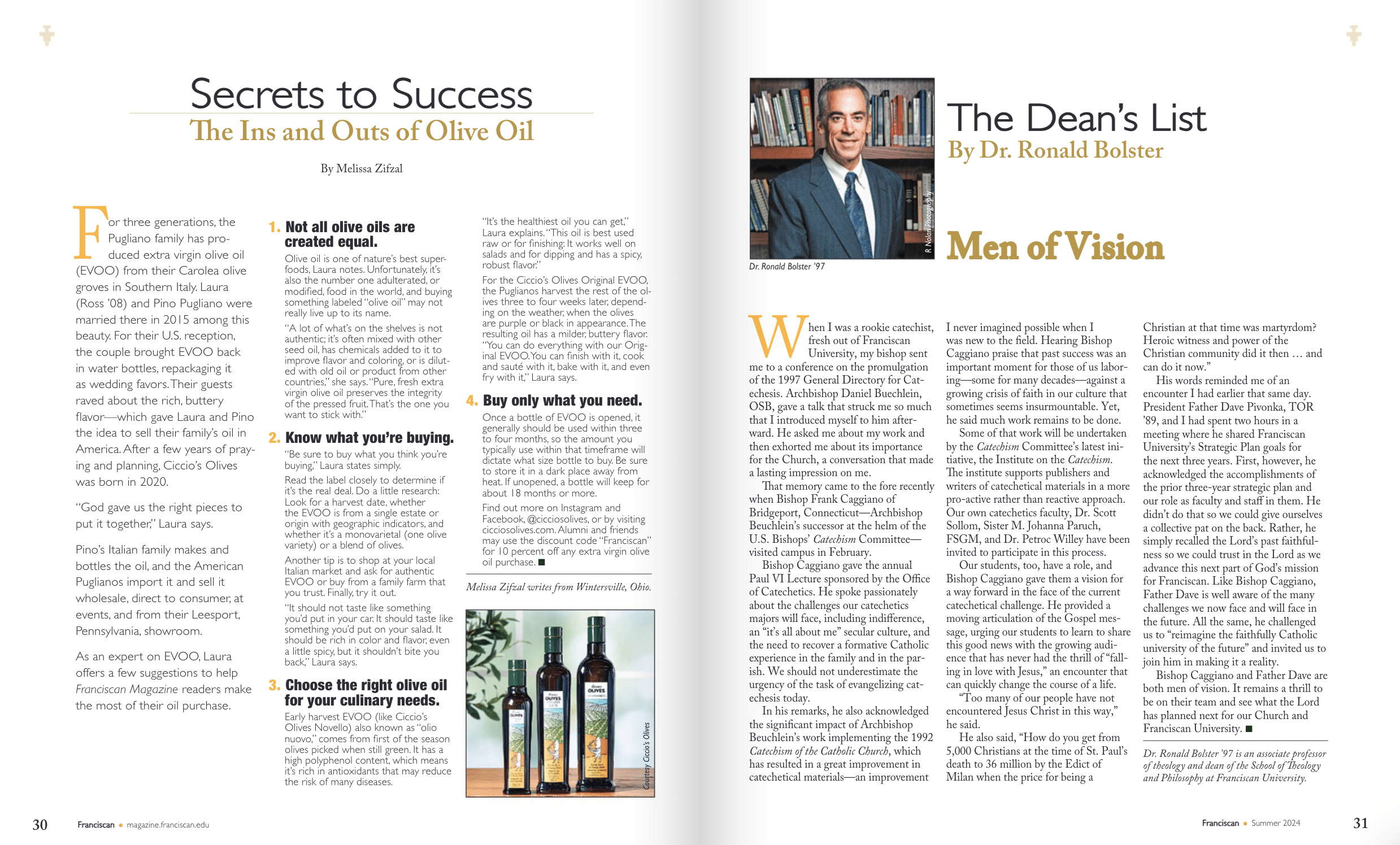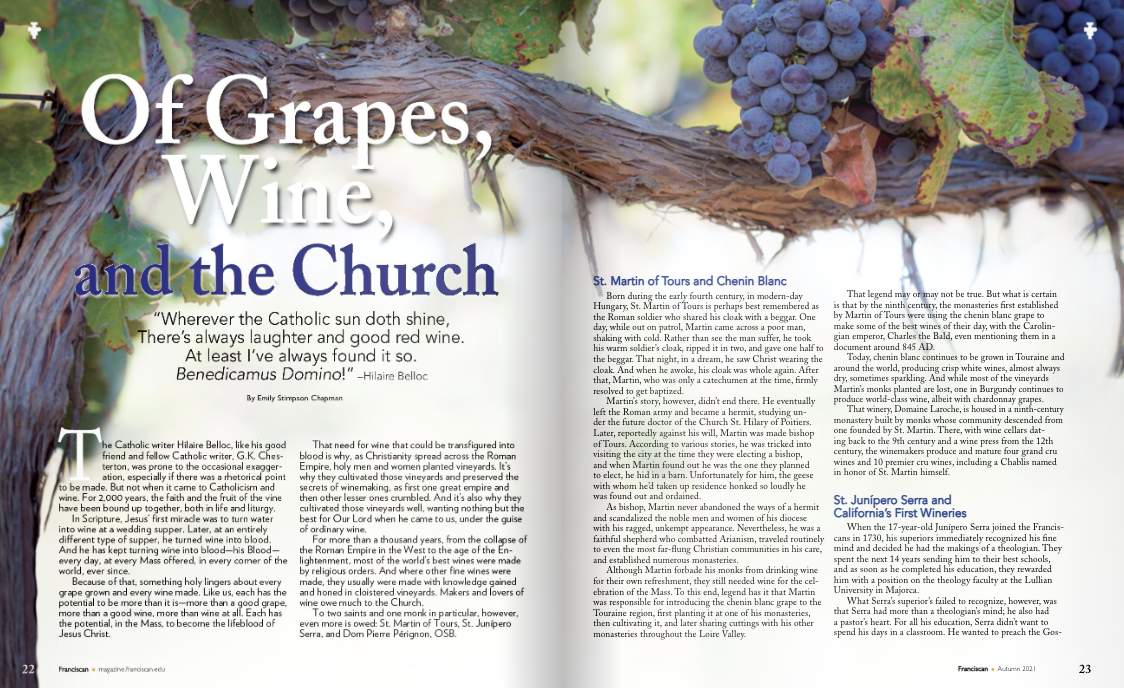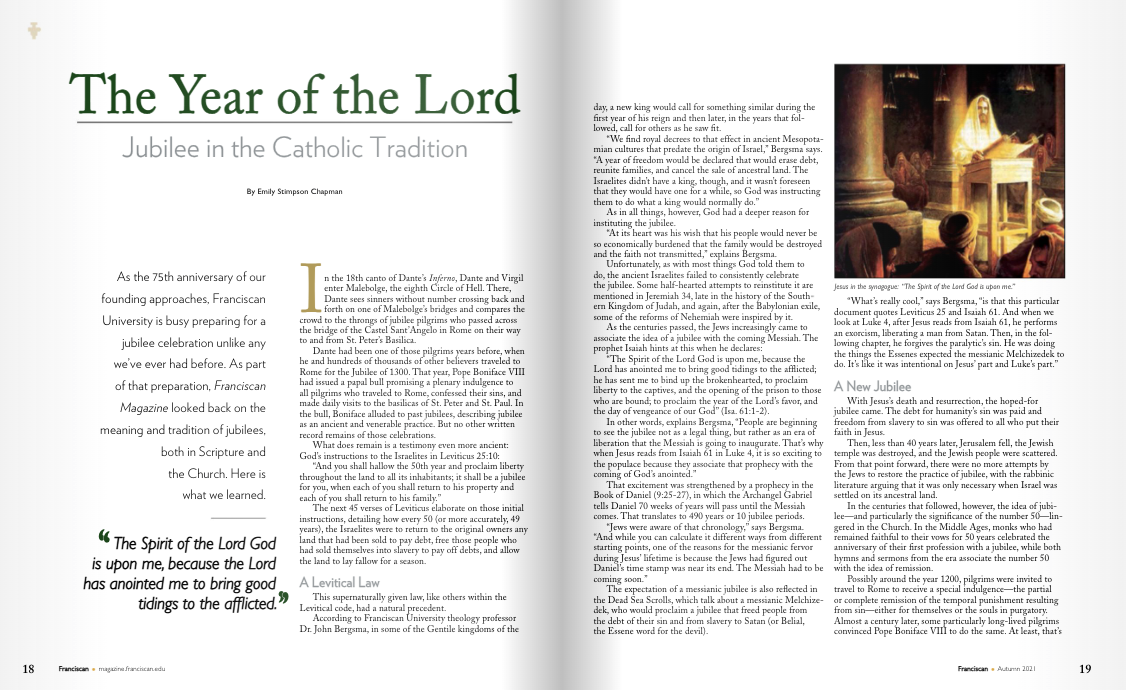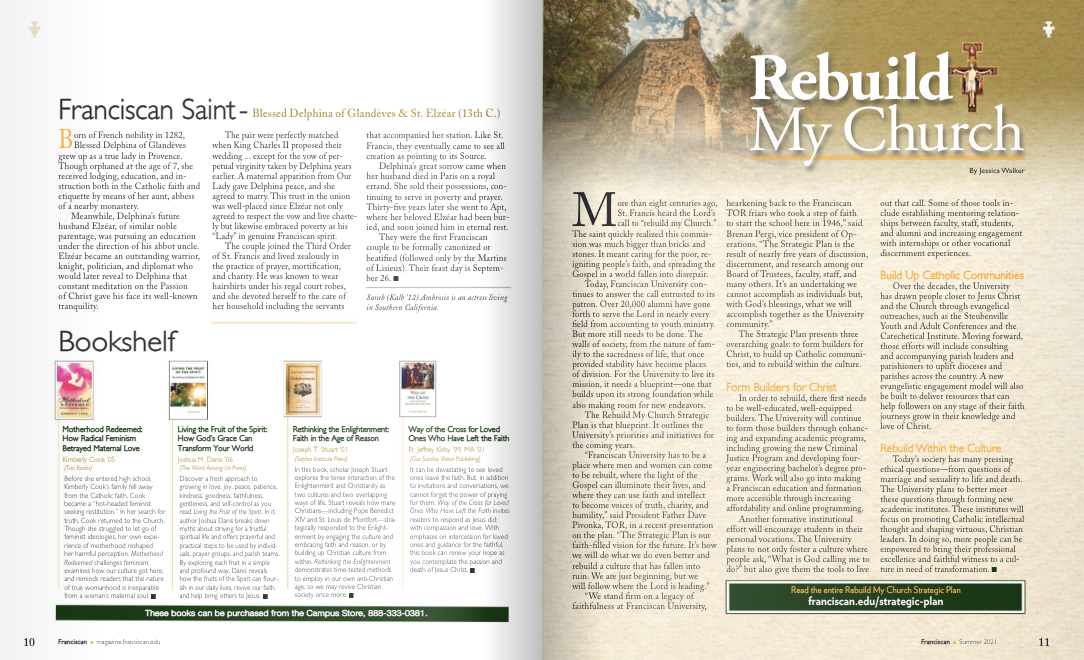Noelle Mering, a Class of 2022 Franciscan University MA philosophy alumna and co-author of the hit book series Theology of Home, sat down with Franciscan Magazine to discuss her book Awake, Not Woke and explain how you can save your family and society from the woke movement.
Here is what she had to say.
So, what is your book about and what does it mean to be “awake, not woke”?
This book is a Christian response to the cult of progressive ideology. But to respond to something, you must first understand what it is. I think it’s hard for most people to understand exactly what is happening with the woke movement, what it is, and how to define it. I break the book into four sections: The first part is the history of the movement, the second explores its “dogmas,” the third delves into the tactics, and then the last is the path to restoration.
What do you mean when you refer to the woke movement’s “dogmas” and speak of it as a “spiritual movement”?
At its core, wokeism is not a political movement, and our struggle with it is not so much a culture war as it is a spiritual war. For a long time, the woke movement has effectively masqueraded itself as just politics, but it’s collapsed into the political questions that go far beyond the realm of politics. And in so doing, wokeism limits the ability of people in the religious world to speak to culture on fundamental human matters and instead gives that power to people in the political world. So, religion becomes a matter of private opinion, and politics becomes all-consuming. This is how totalitarian movements operate.
So, what are wokeism’s dogmas?
The first is the collectivization of the person, so think of tribal identity politics, where the person becomes reduced to just a representative of a group or political identity. The woke movement thrives on orphaning the person outside of history and final causality. You can see this in the demonizing of all our saints and heroes and the abandoning of natural law mission or purpose.
The second is the triumph of our will over our reason— things that should be in harmony. It is knowable through reason and Catholic teaching that the development of virtue comes through habituating our will to act according to a right reason. In the woke movement, the will is encouraged to be at odds with reason and human nature. The movement holds the moral law to be an oppressive moral construct and so transgression becomes integral to liberation. You see a lot of breakdown that comes from that God-like declaration of “My will be done.” Human intimacy, sex, relationships, our bodies can now mean anything. It sounds like freedom, but if sex, marriage, and the body can be anything then they actually mean nothing. Which means that we mean nothing, for our bodies are integral to ourselves.
The third dogma is power over authority. It’s a rejection of authority. You can see how the family and the faith are real enemies of the movement because true authority—and the reverence and love that accompany it—expose the hollow lie of authoritarianism. Totalizing ideologies can’t compete with true authority, so they must try to diminish the concept of authority in our minds by continually mocking or demonizing fatherhood, innocence, and sanctity.
But this book is also about family and the faith. How do they factor into this?
The family and the faith are the woke movement’s two greatest targets, but they’re also its two greatest remedies.
We would say as Catholics that we are defined in ways that unite us, that we’re rational animals, that we’re defined by the love of God. That gives us a Gospel mission to go out and spread the good news to other people: They’re defined by love, too. The woke movement turns that on its head. You’re not defined by the love of God, but by the hatred and oppression of society, either by being a victim of it or as a perpetrator through a collective identity. And that gives you an opposite goal, a contra Gospel mission to go out and wake people up, convince them they, too, are defined by hatred.
This dramatic redefinition of our identity and mission also inverts our understanding of suffering. In the faith, we can embrace the cross and our suffering becomes redemptive. But the woke movement thrives on people not learning to suffer well but only to suffer loudly. The currency of revolution: “rub raw the sores of discontent.” Let it fester and boil over and move into the streets, your neighbor’s barbecue, and your family dinner at Thanksgiving. The faith and the family are such an obstacle, in part, because they give a transcendental meaning to our suffering that helps us to be redeemed.
Does the book explore how gender ideology impacts children?
Yes, one connection I touched on in the book is that between authority and innocence. Childhood innocence is an obstacle to woke progress. Insofar as kids are innocent of transgression lifestyles, they perpetuate a social dominance of “old values.” So children must be exposed to adult sexualities, as their innocence is problematic for the movement. You more easily gain access to the sheep if you take down the shepherd. Hence, the targeting of fatherhood, and the great need for a return to a robust and rich sense of fatherhood, both in our spiritual shepherds and in our biological ones.
Is there any connection between this book and your Theology of Home series?
Absolutely. I think they are two sides of the same coin. My book on wokeism explains how the ideology operates. Theology of Home, which I do with Dr. Carrie Gress MA ’03, who’s also a Franciscan alum, is showing what the remedy is. It responds to the idea that what we do in our homes is not insignificant or immaterial to the culture and spiritual battle at hand.
So how should the faith and the family respond to wokeism?
It can be as simple as living well our lives as Catholics, as Christians, and as men and women protecting children. Cultivating a deep interior life of prayer is our greatest aid in this battle.
Because wokeism stands against any concept of a stable human nature, it is constantly striving to unmake people—to make men soft, women hardened, and children unprotected. We need to live out deeply what it means to be a man, a woman, and a family, to protect children, and most of all, fear God. Once we begin to embrace that fear of God, we become fearless about anything else.
Watch Noelle Mering on In Focus: “Confronting a Woke World” hosted by Franciscan University President Father Dave Pivonka, TOR ’89, at the Faith&Reason website.
Peter A. Pinedo ’20 writes from Washington, D.C.



